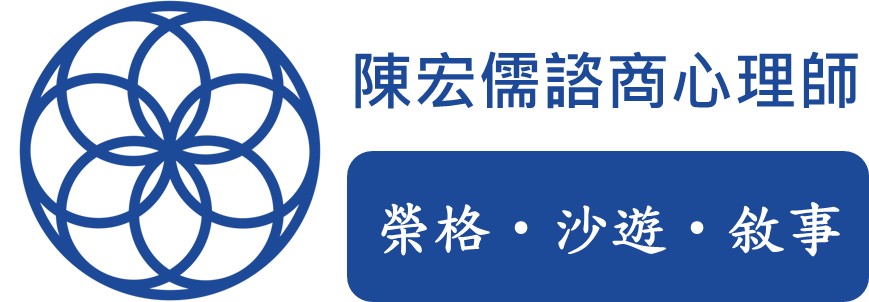用榮格的話來說,要成為一個自由的個體,人得知道如何與何時帶上多元生活角色的面具。人在羅馬,行如羅馬人,人在家中就別還帶著參議院帶的面具。但是這並不簡單,因為有些面具深嵌,包含了一個人的判斷、道德價值,包含了一個人的榮耀、野心與成就,包含了一個人的迷戀,過度地黏附在面具上是常見的,不管是自己的或是其他人的,不過自性化的工作要求一個人不該強迫地如此受影響,自性化目標要求一個人去發現,並且學著去活出自己的核心,掌控好個人的好惡,演出或回應任何一般固定角色的假面是沒辦法完成的。
“To become—in Jung’s terms—individuated, to live as a released individual, one has to know how and when to put on and to put off the masks of one’s various life roles. ‘When in Rome, do as the Romans do,’ and when at home, do not keep on the mask of the role you play in the Senate chamber. But this, finally, is not easy, since some of the masks cut deep. They include judgment and moral values. They include one’s pride, ambition, and achievement. They include one’s infatuations. It is a common thing to be overly impressed by and attached to masks, either some mask of one’s own or the mana-masks of others. The work of individuation, however, demands that one should not be compulsively affected in this way. The aim of individuation requires that one should find and then learn to live out of one’s own center, in control of one’s for and against. And this cannot be achieved by enacting and responding to any general masquerade of fixed roles.”

